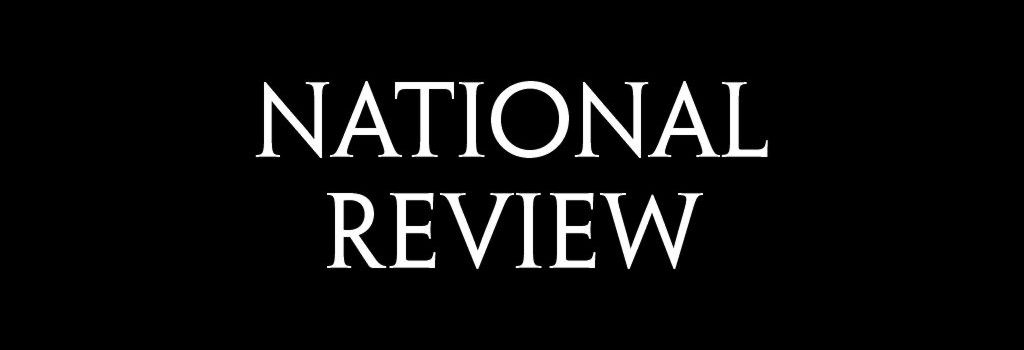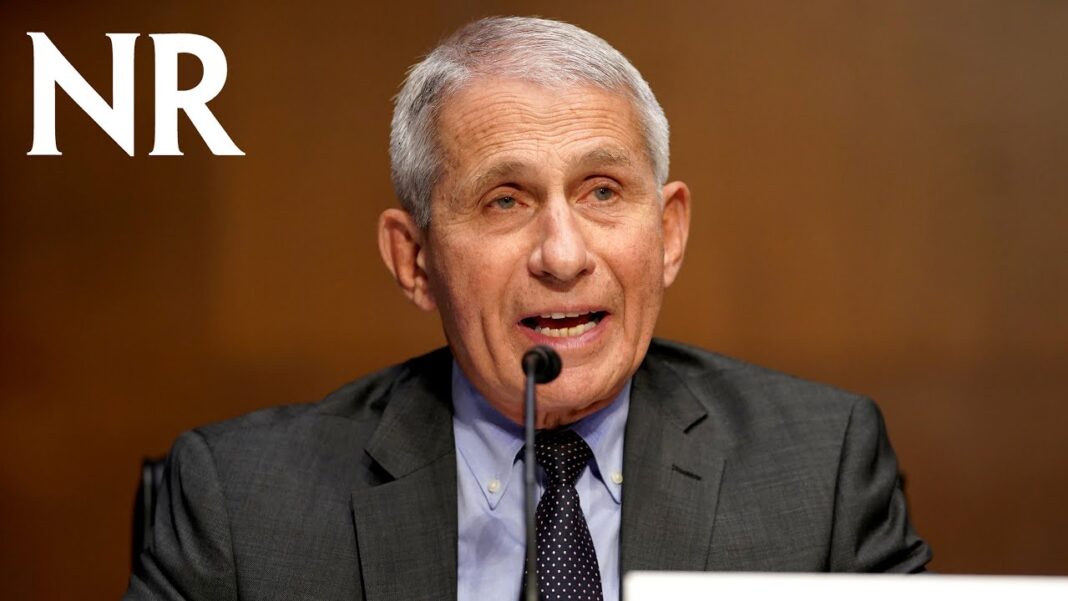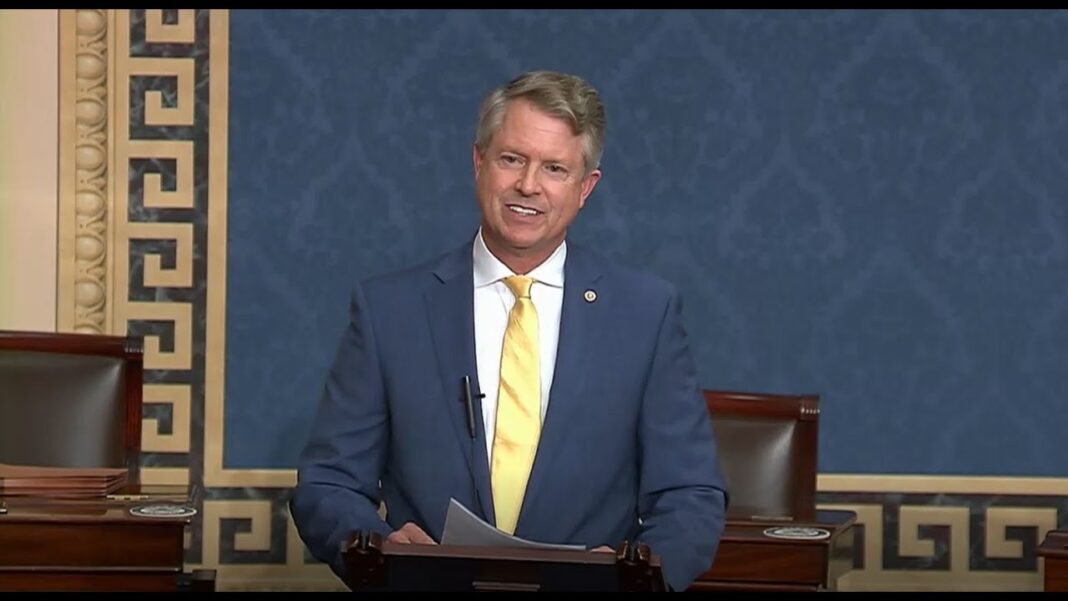
On the unforced errors of America’s most political doctor
“Fauci was cast as the face of America’s best pandemic response, the one figure who took it seriously . . . [But] He got political, and now he’s about to get into trouble.”
In mid March of 2020, most Americans, including those in the White House, were still trying to understand the COVID-19 crisis unfolding around them. In a span of 24 hours, the NBA came to a sudden halt when players tested positive for the virus; seemingly minutes later, the American actor Tom Hanks announced from Australia that he and his wife, Rita Wilson, had this mysterious new illness; stock markets crashed around the world; President Donald Trump declared a pause on travel from Europe; and the World Health Organization, belatedly, labeled the spread of the coronavirus a pandemic. On March 16, the Trump White House called for 15 days to slow the spread of the virus — a lockdown.
The White House coronavirus task force was meeting regularly and issuing daily briefings at that time. In the Situation Room, economic advisers began presenting their models and predictions for the economic effects of lockdown to the task force, including its leader, Vice President Mike Pence, and the president. What the advisers reported was shocking. Just four weeks of lockdown would lead to millions of Americans unemployed, extreme burdens on the public purse, and the greatest one-month contraction of the American economy since the Great Depression. A health adviser present said that, as the lights came up following the presentation, the faces of most of the advisers in the room were ashen. The gravity of what had just been said — all of which shortly came to pass — seemed to have stunned everyone into silence.
Except one man. Dr. Anthony Fauci, the director of the National Institute of Allergy and Infectious Disease (NIAID), immediately turned to Vice President Pence and asked a question that appeared to dismiss not only the imminent miseries of lockdown but the relevance of the entire subject from the proceedings: “I’m still in charge, right?”
More or less, yes, Fauci was still in charge. And he still is. Though he had spent the weeks before that day giving interviews in which he told Americans to be more concerned about the seasonal flu than the coronavirus, and that the wearing of masks by the public would be useless at protecting them from it, Fauci was cast as the face of America’s best pandemic response, the one figure who took it seriously. Fauci was the anti-Trump, possessed of a “quaint fondness for facts and evidence-based science,” according to the New York Times. Trump’s biggest supporters, sensing that Fauci was delighting in this role and despairing as they were of lockdowns, turned on the doctor, demanding he be fired. The White House began treating the administration’s most prominent medical expert as a threat, circulating anti-Fauci talking points. Which made progressives embrace him all the more. On social media your liberal friends call their COVID-19 vaccine shots their “Fauci ouchies.” Fauci became the latest warrior-saint of “the Resistance,” holding aloft the banner of science and reason.






